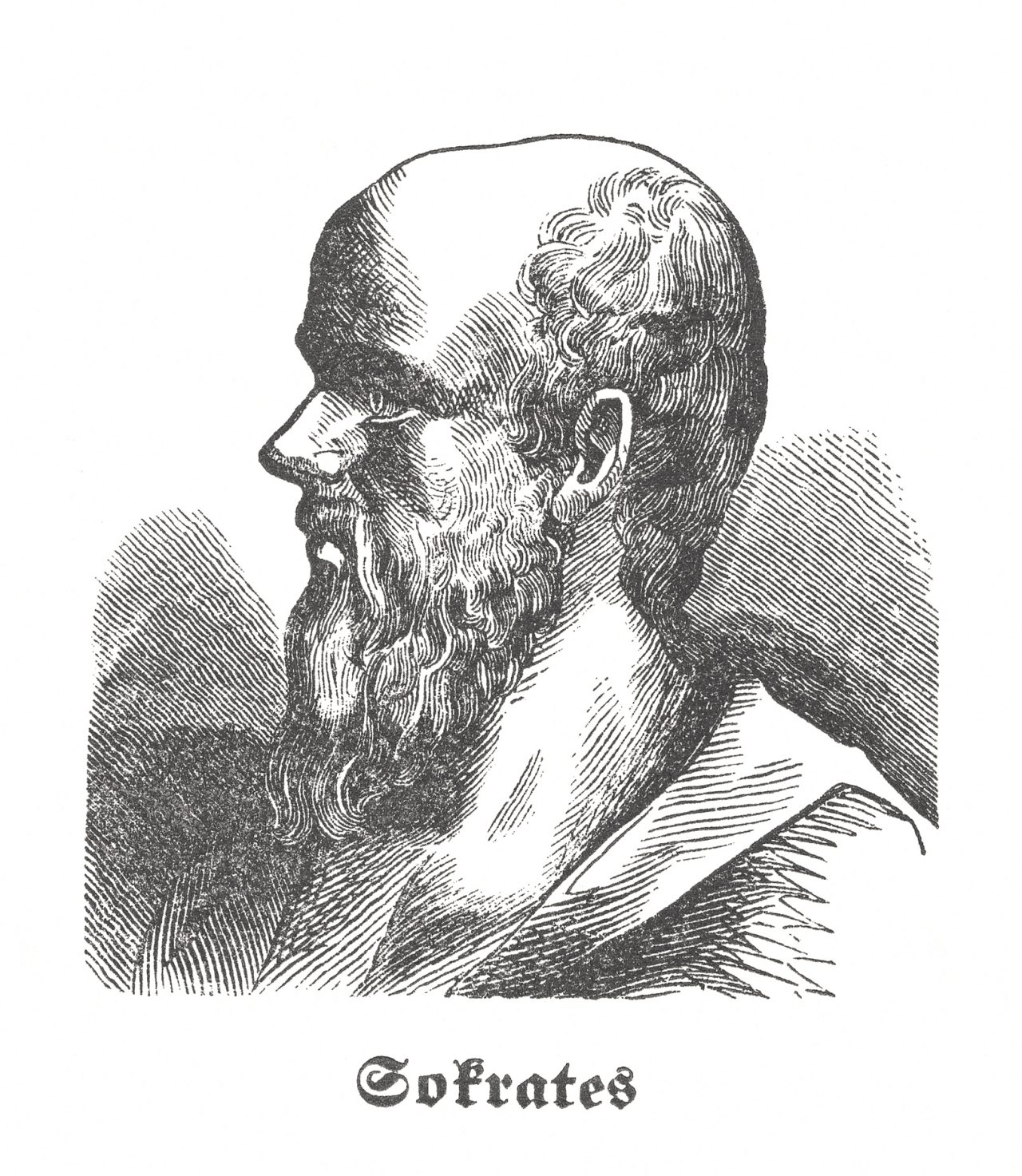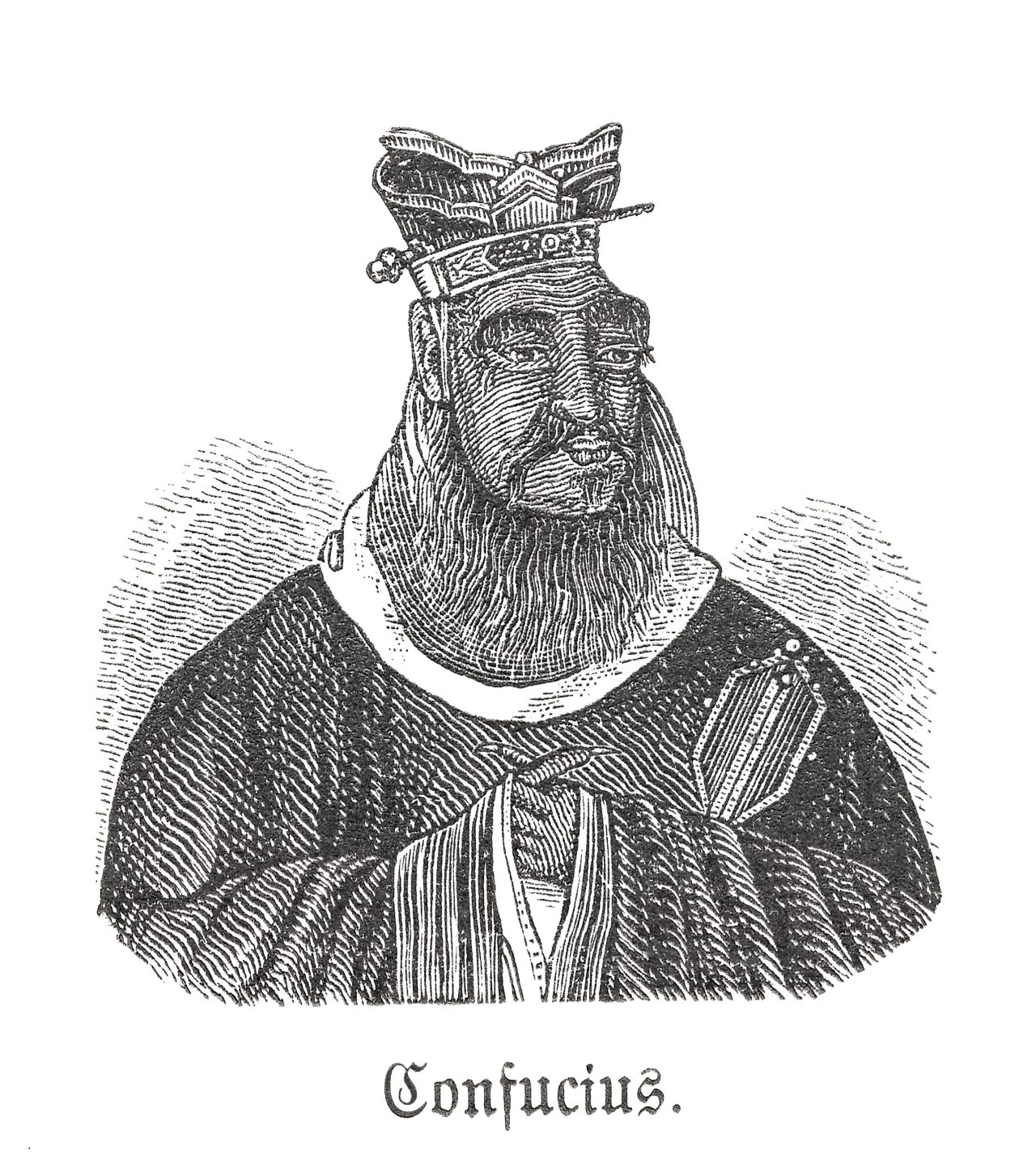
First, the Wisdom of Socrates—”Question Everything”
Socrates taught his students to “Question everything,” including their motives and beliefs. In other words, reflect, debate, and think critically about all areas of life.
How does this wisdom relate to retirement? Many perceive retirement as an ideal phase of life. We assume that if we’ve saved enough money and have endless free time, life should just fall into place and be equally, if not more satisfying. It’s the standard American retirement dream. If we don’t question whether that dream is right for us, we could end up feeling unfulfilled and out of touch.
How to apply this wisdom: Don’t walk blindly into retirement assuming the typical life-of-leisure retirement is perfect for you. Instead, ask yourself if that vision of retirement suits you. If it sounds good to you, that’s fine. It works great for many retirees. If not, do some brainstorming with a friend about other possibilities. Could volunteering, a class, or some form of work enhance your retirement?
For example, one of my clients grew up a free spirit in the ‘60s, participating in protests and trying to make the world a better place. During her working years, because of jobs and routines, her former sense of adventure took a back seat. Even in retirement, she felt bored living a “Groundhog Day” type of life, just repeating the same dull routine day-in and day-out. Using Plato’s approach, we questioned her retirement lifestyle and brainstormed what she could do to make retirement more interesting.
She knew she needed to break up the monotony of her days so she started small, by taking horticulture classes and volunteering at a nearby theater so she could see great plays and concerts for free, all while meeting new people. But it wasn’t until she decided to invest in a mini-travel trailer and invite family and friends to join her in exploring new places, people, and things that she hit her stride.








